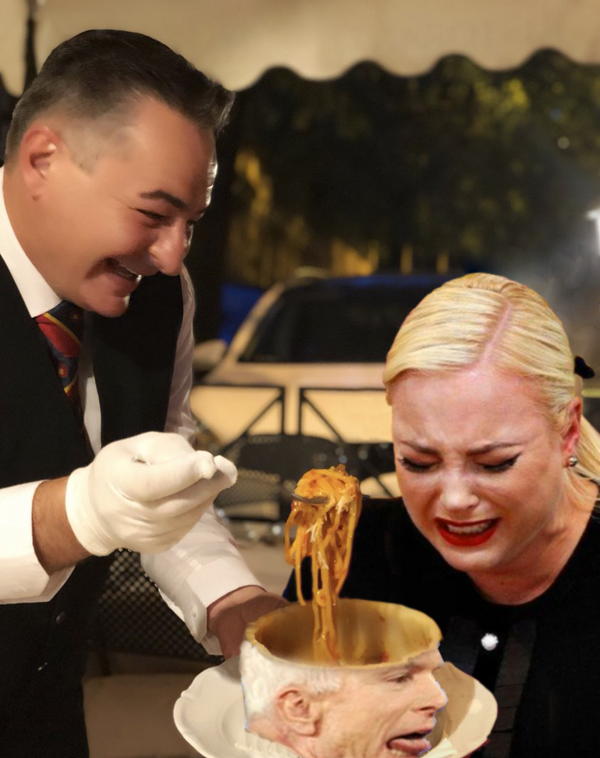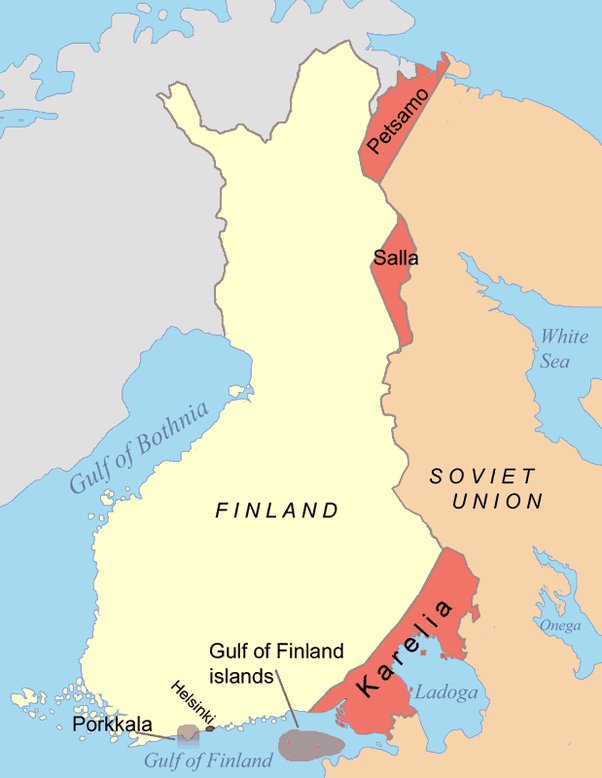The entire British establishment supported Nazism.
When anticommunists whine about Soviets signing the Molotov-Ribbentrop pact they ignore that the British spent the entire 1930s claiming that Britain and Nazi Germany will be a bulwark against communism and signed three pacts with Hitler which were all directly against the Soviet Union: the Four Powers Pact meant to exclude and isolate the Soviets, the Naval Agreement meant Germany could have a navy up 35% of the British navy meaning it wouldn't threaten British empire but every country on the Baltic sea... i.e. the Soviet Union, and finally the Munich Betrayal which was understood to be a gesture of a "free hand" (British diplomat's words not mine) for Hitler to go east.
In spite of these difficulties he (Lord Halifax) and other members of the British Government were fully aware that the Fuhrer had not only achieved a great deal inside Germany herself, but that, by destroying Communism in his country, he had barred its road to Western Europe, and that Germany therefore could rightly be regarded as a bulwark of the West against Bolshevism
and
In spite of these difficulties he (Lord Halifax) recognised that the Chancellor had not only performed great services in Germany, but also, as he would no doubt feel, had been able by preventing the entry of Communism into his own country, to bar Its passage further West. The Prime Minister held the view that it should be possible to find a solution of out differences by an open exchange of views
Documents And Materials Relating To The Eve Of The Second World War Vol. 1
When the Soviets liberated Germany they were able to get a huge cache of British diplomatic documents. The Soviets released the above book and Documents And Materials Relating To The Eve Of The Second World War Vol. 2 full to the brim of diplomats praising Nazi Germany as a twin pillar alongside Britain stopping communism.
Lenin pointed this out in Imperialism: The Highest Stage Of Capitalism and dug a quote out from Cecil Rhodes (a disgusting colonial piece of shit) who said:
I was in the East End of London (a working-class quarter) yesterday and attended a meeting of the unemployed. I listened to the wild speeches, which were just a cry for ‘bread! bread!’ and on my way home I pondered over the scene and I became more than ever convinced of the importance of imperialism.... My cherished idea is a solution for the social problem, i.e., in order to save the 40,000,000 inhabitants of the United Kingdom from a bloody civil war, we colonial statesmen must acquire new lands to settle the surplus population, to provide new markets for the goods produced in the factories and mines. The Empire, as I have always said, is a bread and butter question. If you want to avoid civil war, you must become imperialists.
The imperialists have understood for a long time to prevent socialist revolution they must by all means have new lands, new markets, new pools of cheap labour to rinse to placate the workers in imperialist nations.
The only real difference between someone like Churchill and Hitler was Hitler waged this violence against Europeans for his Lebensraum.
credit to u/JoeysStainlessSteel

